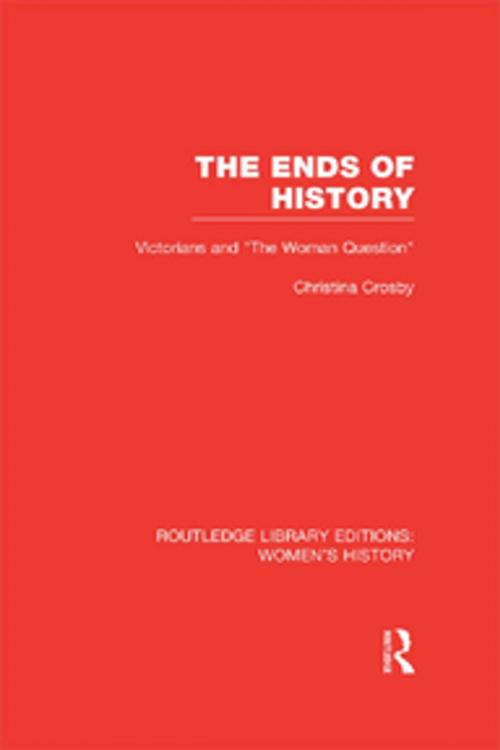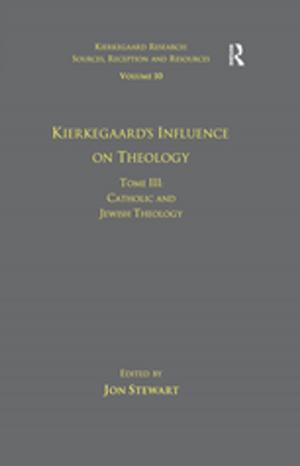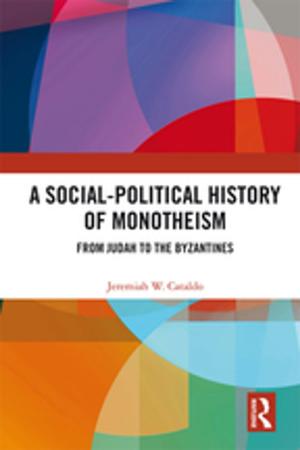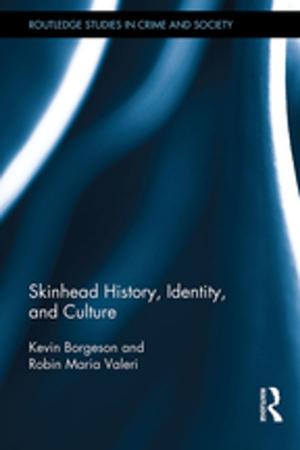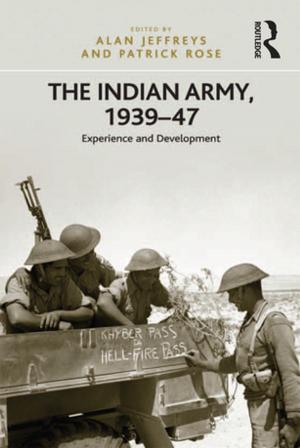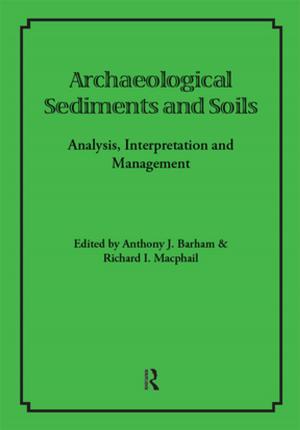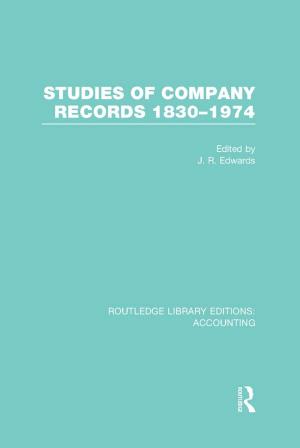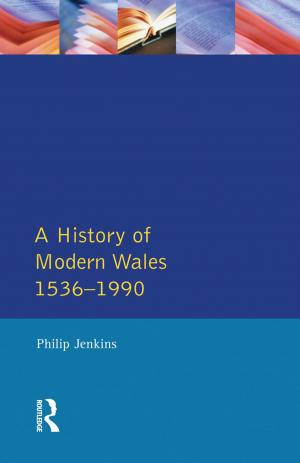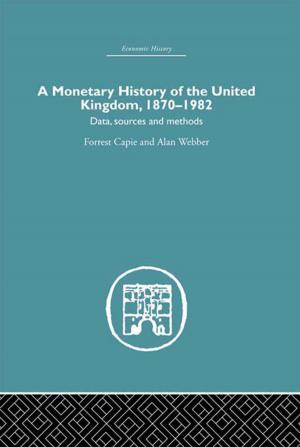The Ends of History
Victorians and "the Woman Question"
Nonfiction, History, Modern, 19th Century, Reference & Language, Reference| Author: | Christina Crosby | ISBN: | 9781136248313 |
| Publisher: | Taylor and Francis | Publication: | December 12, 2012 |
| Imprint: | Routledge | Language: | English |
| Author: | Christina Crosby |
| ISBN: | 9781136248313 |
| Publisher: | Taylor and Francis |
| Publication: | December 12, 2012 |
| Imprint: | Routledge |
| Language: | English |
Why were the Victorians so passionate about "History"?
How did this passion relate to another Victorian obsession – the "woman question"? In a brilliant and provocative study, Christina Crosby investigates the links between the Victorians’ fascination with "history" and with the nature of "women."
Discussing both key novels and non-literary texts – Daniel Deronda and Hegel’s Philosophy of History; Henry Esmond and Macaulay’s History of England; Little Dorrit, Wilkie Collins’ The Frozen Deep, and Mayhew’s survey of "labour and the poor"; Villette, Patrick Fairburn’s The Typology of Scripture and Ruskin’s Modern Painters – she argues that the construction of middle-class Victorian "man" as the universal subject of history entailed the identification of "women" as those who are before, beyond, above, or below history. Crosby’s analysis raises a crucial question for today’s feminists – how can one read historically without replicating the problem of nineteenth century "history"?
The book was first published in 1991.
Why were the Victorians so passionate about "History"?
How did this passion relate to another Victorian obsession – the "woman question"? In a brilliant and provocative study, Christina Crosby investigates the links between the Victorians’ fascination with "history" and with the nature of "women."
Discussing both key novels and non-literary texts – Daniel Deronda and Hegel’s Philosophy of History; Henry Esmond and Macaulay’s History of England; Little Dorrit, Wilkie Collins’ The Frozen Deep, and Mayhew’s survey of "labour and the poor"; Villette, Patrick Fairburn’s The Typology of Scripture and Ruskin’s Modern Painters – she argues that the construction of middle-class Victorian "man" as the universal subject of history entailed the identification of "women" as those who are before, beyond, above, or below history. Crosby’s analysis raises a crucial question for today’s feminists – how can one read historically without replicating the problem of nineteenth century "history"?
The book was first published in 1991.
